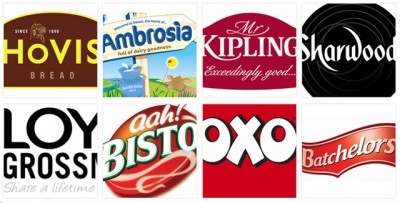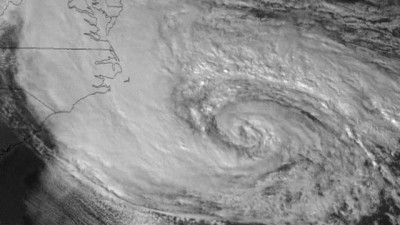US food importers face tougher rules after new act

The Food and Drug Administration’s (FDA’s) Food Safety Modernization Act (FSMA) − the first proposed reform of US food safety laws in more than 70 years − was signed into law in January 2011. A primary objective in enacting the FSMA was to address the food safety challenges posed by the ever-increasing globalisation of the US food supply. Below is an overview of key FSMA provisions impacting imported food and their implementation status.
Becoming effective in January 2013, the FSMA requires importers to implement a foreign supplier verification programme to ensure all imported food is produced in accordance with US food safety regulations. Verification may include such activities as lot-by-lot certification, periodic onsite inspections, review of a facility’s hazard analysis and risk-based preventive control plan, and/or sampling and testing of shipments.
Refused admission
Imported food will be refused admission if the importer lacks a foreign supplier verification programme. The FDA has yet to issue proposed rules or guidance documents for this programme, despite its January 2012 deadline to do so. As a result, uncertainty remains as to its intent to enforce this provision if the effective date passes without issuance of specific guidance or rules from FDA.
The FSMA also provides for the establishment of a voluntary qualified importer programme, allowing importers to opt-in to an expedited process for importing certain foods from qualified foreign facilities. In determining eligibility, the FDA will consider a number of factors, including the risk of the particular food, the compliance history of the foreign supplier and the importer, and the exporting country’s ability to comply with US food safety regulations.
The FDA’s July 2012 deadline to establish this programme passed with no action, and it remains unclear as to when this programme will go into effect.
Other FSMA import provisions already in effect are to:
1) Give the FDA authority to require a certification from a qualified accrediting entity as a condition for entry into the US imported food that the FDA determines is sufficiently high-risk
2) Require prior notice of all imported food shipments to include the name of any country that refused entry to the food
3) Mandate increased inspections of foreign facilities
4) Give the FDA authority to refuse admission into the US food from any facility that denies an FDA request for inspection.
Improving safety
In order to meet its goals of improving the safety of imported foods and to leverage resources, the FDA must rely on third parties to conduct inspections.
Likewise, companies required to comply with the foreign supplier verification programme will likely require third parties to help inspect and verify suppliers.
To that end, the FSMA charges the FDA to establish a system for accrediting third-party auditors, including foreign government agencies, to conduct food safety inspections and certify a facility’s compliance with applicable food safety standards. Certifications issued by accredited auditors may also be used to determine if food is eligible for import into the US and whether a facility is eligible for the voluntary qualified importer programme.
The FDA issued a voluntary third-party certification guidance in 2009 that provides a window into how the organisation has approached third-party accreditation to date, but FDA has yet to finalise its approach to third-party certification under FSMA.
In short, the FSMA import provisions of key interest to non-US suppliers and importers — foreign supplier verification, voluntary qualified importer and third-party accreditation programmes — have yet to be fully defined and implemented by the FDA.
To the extent they have not done so, however, all companies involved in importing food to the US should evaluate their ability to quickly react to and comply with the FDA’s guidelines and rules for the FSMA import regulations, once issued, to avoid significant market disruptions.
*Kristin Eads is a leader of the Faegre Baker Daniels Food Litigation and Regulatory practice and is based in Minneapolis. Linda Crow is a partner in the corporate practice and is based in London. Both Eads and Crow are leaders in the firm’s international Food & Agriculture Industry Focus.














